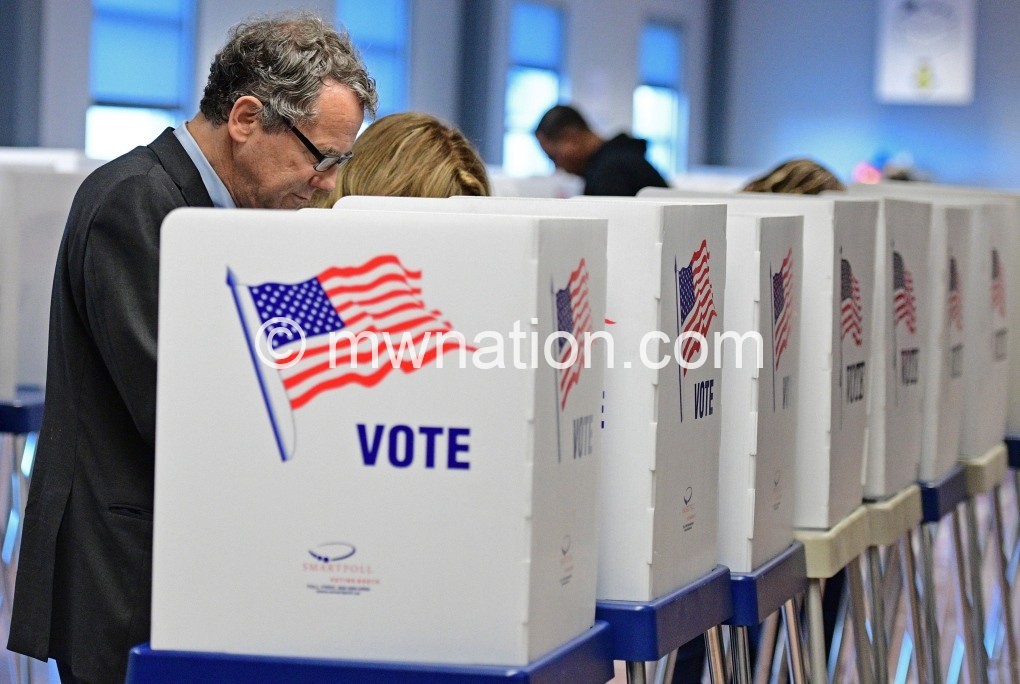Trying times are here again
The lean period, as many of my friends in the financial sector call it, is once again descending on us. Last week, a manufacturer told me that an application he had submitted to a commercial bank for foreign exchange was gathering dust and taking longer to be approved. He claims, the bank might have some problems meeting his requirements.
This is in contrast to what our President said two weeks ago. When he met the press in Lilongwe on his return from United Nations General Assembly (UNGA) in New York, USA, the President said our foreign exchange reserves were buoyant at around three months of import cover. Meaning that the country has enough reserves for most of the import needs.
But word on the street is that local traders are already queuing for forex that government claims is available in abundance!
Let us face facts; these are trying times for any business involved in manufacturing. Frequent load shedding on top of credit crunch from the financial industry and bureaucratic hassles are not helping matters for any individual trying to make a few dollars.
These are days that are testing the patience of many business owners who had hoped they would carve a place in the nascent industrialisation of the country. However, apart from these problems, nothing will anger manufacturers more than lack of access to foreign exchange.
Word on the street is that things might get worse on that front too.
Tobacco, the country’s main forex earner has been a huge disappointment this year. As of last Wednesday with 90 percent of the leaf sold, Malawi has made $240 million compared to $357 million in 2015, $361.5 million in 2014 and $361.6 million in 2013.
Malawi needs at least $209 million for her import needs every month. With no donor inflows, save for a few donations for maize imports, Malawi relies on tobacco, sugar and tea for most of its foreign exchange earnings. With tobacco, sugar and tea not doing so well at the moment, there is need to get worried.
As traders scale up importation of farm inputs I can only shudder to imagine how fast our reserves will be depleted considering that the producers are currently performing at 50 percent due to persistent power blackouts.
That is why no one should make us believe that we have bountiful coffers at the central bank to meet the needs of anyone.
In fact, on Monday, gross official reserves as at week ending October 21 stood at $610.32 million or 2.92 months of import cover.
The shortage has not yet reached unbearable proportions. But mark my word, very soon, members of the public will experience the unavailability of some of the important imports such as medicine.
Already, the underground market has the going rate close at K760 and K780 for a dollar. The main culprit to the continued rise of the dollar against the kwacha is not only the shortage in supply, but also the large appetite among some of our friends from the East (we all know them) who carry around stashes of kwacha to exchange it for dollars in the parallel market and externalise it.
The painful truth is that the victim of this crisis will once again be the domestic companies that are now unable to operate their factories at full capacity because of Escom.
Yet, they will be expected as usual to pay government hefty taxes.
But what is most painful is that when the dollar is scarce, the kwacha depreciates and prices of most essential goods and services in this dollarised economy will go up, hurting the poorman in the street.n





